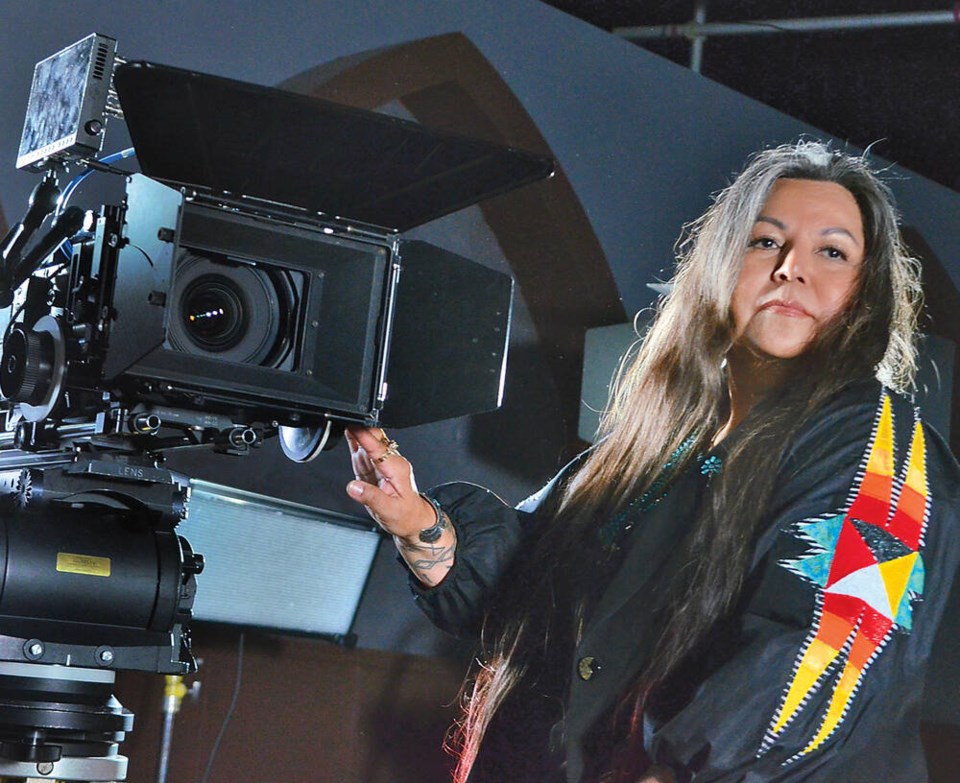Capilano University is welcoming its next cohort of filmmakers to its Filmmakers in Indigenous Leadership Management & Business Affairs (FILMBA) course, with slots now open for new students.
Offered through the university’s Indigenous Digital Accelerator program, the course equips budding Indigenous film producers with the business management skills required to navigate the film industry.
The program focuses on demystifying the business and technological sides of film production, said First Nations filmmaker and program lead Doreen Manuel.
“It teaches everything, from the whole business aspect of being a producer, from contracts, the legal and the accounting elements, hiring accountants and lawyers, how to develop contracts, how to negotiate and pitch your productions.”
While previous editions of the course have been catered to middle range producers, this year’s has been opened up to filmmakers who are at a beginner level to ensure that assistance can be more readily available to a wider group of Indigenous filmmakers, she said.
Running from April through to June, and September through to November, the course spans 11 weekend workshops.
Manuel, who last year received Capilano University’s Enduring Award largely for her creation of the Indigenous Digital Accelerator program, guides the students through the online course. Once ended, she then continues to work with them on a one-on-one basis wherever needed, she said.
“It takes years to develop a real producer, and this course puts them on that starting path,” she added.
Manuel said the program has already produced some “really strong graduates” who have gone on to release their own feature films and TV productions.
She hopes that she can increase the amount of Indigenous-led cinema on the screens and create opportunities that weren’t around when she was young and starting out in the industry, she said.
“We don’t need non-Indigenous producers standing against us trying to tell our Indigenous stories, we need them standing with us understanding our stories and helping us develop true Indigenous cinema,” she said.
“It’s important that we define Indigenous cinema as something that has been created with a producer, writer and director who is Indigenous. Each of these people has an influence on the story.”
Mina Kerr-Lazenby is the North Shore News’ Indigenous and civic affairs reporter. This reporting beat is made possible by the Local Journalism Initiative.




